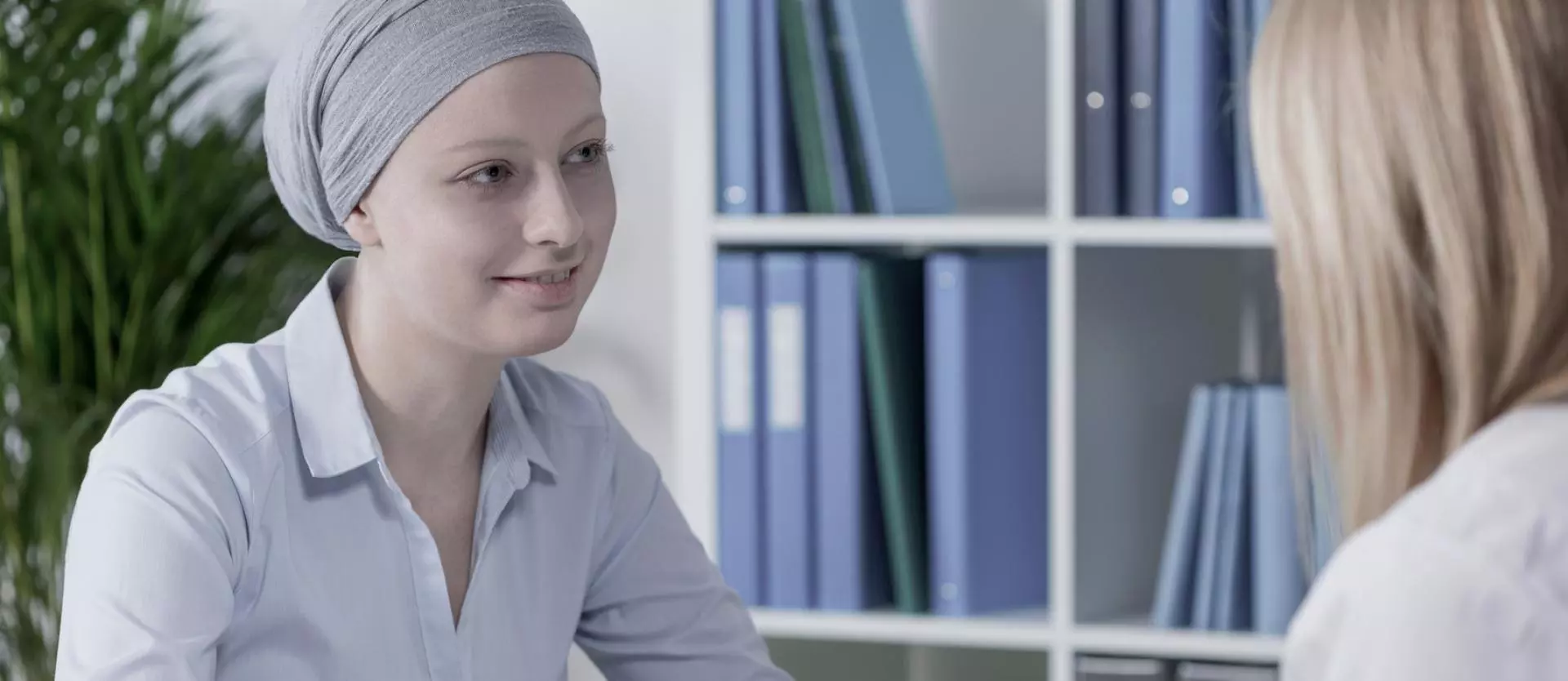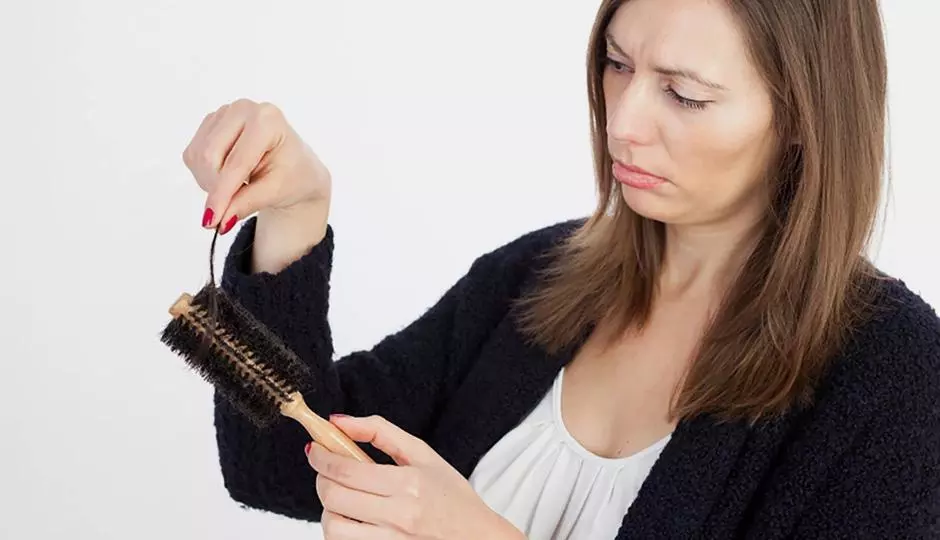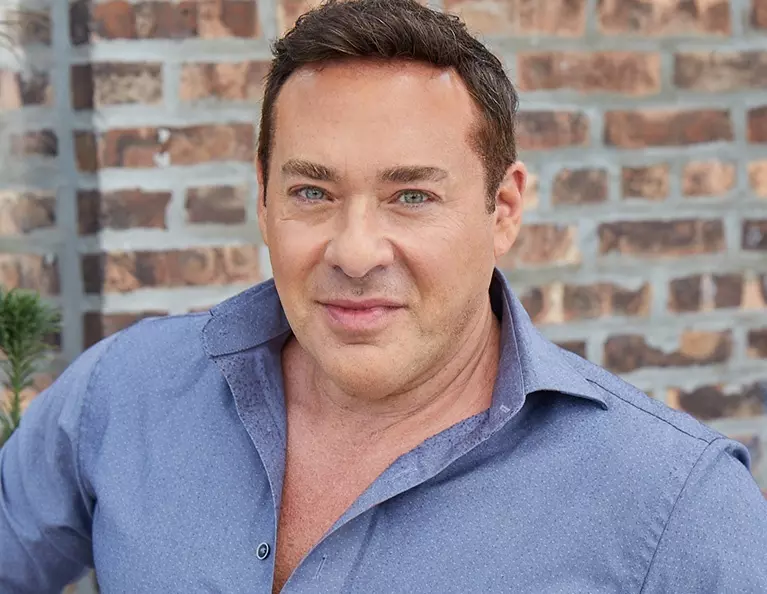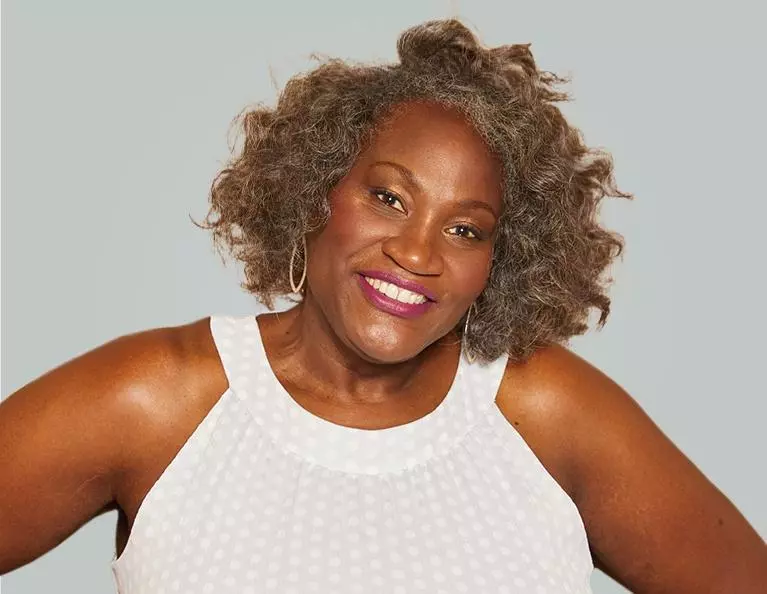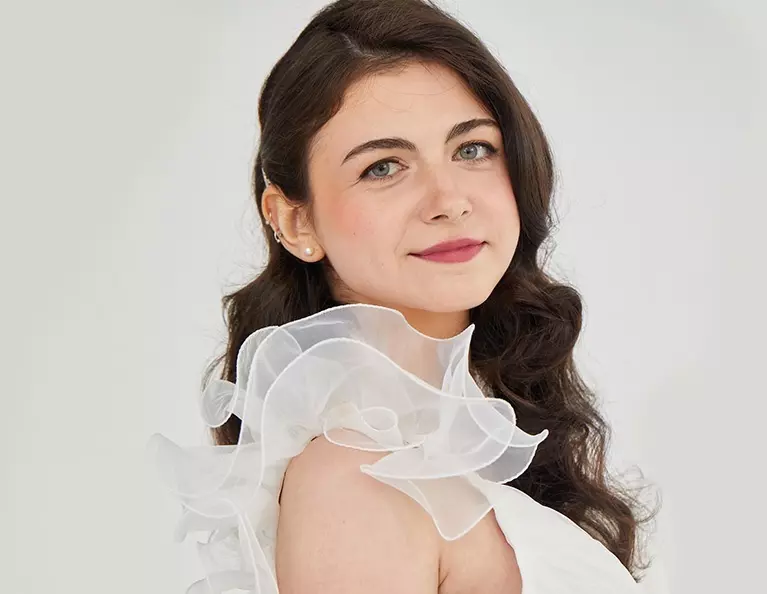In recognition of October being Breast Cancer Awareness month we wanted to dedicate a blog article specific to cancer treatment and hair loss.
For many people, the thought of losing their hair isn’t something they really think twice about. In fact, until you get sick, learn you have a devastating disease like cancer, and then start taking medications called chemotherapy that can destroy your hair and leave you with very little energy, you won’t believe you’ll lose your hair. If you or a loved one is facing the need for this type of life saving chemotherapy, it’s always important for you to take that step forward and get the care you need. But, it also is helpful to understand what happens to your hair in the process.
Why Do People Lose Their Hair?
Chemotherapy is a term used to describe a number of different drugs. When put together, they will attack the growing cancer cells within your body. These drugs are very aggressive – and they need to be. As a result, they will also attack other rapidly growing cells in your body. This includes those that are in your hair roots. Not everyone will have hair loss. Some people have none. Other people lose all of the hair over the entire body. The different combinations of drugs will determine if you lose your hair. You may not achieve complete baldness, but you may.
Your doctor can tell you what to expect in terms of how much hair loss you’ll have. This may be just a guideline, but often it is based on the types of drugs you’ll take, the strength of them, and the duration of them. Some are more likely to cause hair loss in some people than others.
What’s Going to Happen?
If you are one of the many people that will experience some hair loss, you can expect that to happen in two to four weeks after you begin to have chemotherapy treatment. In some cases, you will notice large clumps of hair falling out. You could wake up to a significant amount of hair loss on your pillow. In other cases, you’ll see it in the sink drain or in a comb. Many people have mild tenderness on their scalp as well.
As long as you are receiving treatment, you can expect to see hair loss. It may also continue for several weeks after your treatment is complete. Again, this varies from one person to the next. It’s not easy to manage – it makes you think about your illness much longer and more frequently. And, you may become emotionally strained by the way your look and what other people may think when they see that you have lost your hair.
Keep in mind that there is no treatment that is permanent for fixing this problem or preventing hair loss. It is something that you may need to work through. The only good news here is that this type of hair loss is generally temporary. Once your chemotherapy is complete and you have stopped having treatments for a period of time – usually several weeks – you’ll see your hair begin to grow back.
However, this will take time. Your normal hair growth cycle must start over. And, that cycle is generally three months or longer in length. As a result, you’ll need to consider other options in the meantime. Of course, you do not have to use any type of wig or other type of treatment. You can simply show off your baldness. But for those who do not want to do this, it may be a good idea to have a custom wig created for you. If you are facing the need for chemotherapy, talk to your doctor about what you can expect in terms of hair loss. Most chemotherapy treatments are well understood in terms of the side effects they will cause the patient. Then, talk to a hair professional about the options that may be available to you for creating a look that’s just you while you wait for your treatment to end and for your hair to re-grow.
If you or a loved one has started chemotherapy and would like to learn more about the various wigs and prosthesis options available. Call the team at Unique Hair Concepts for a free, private no obligation consultation.
